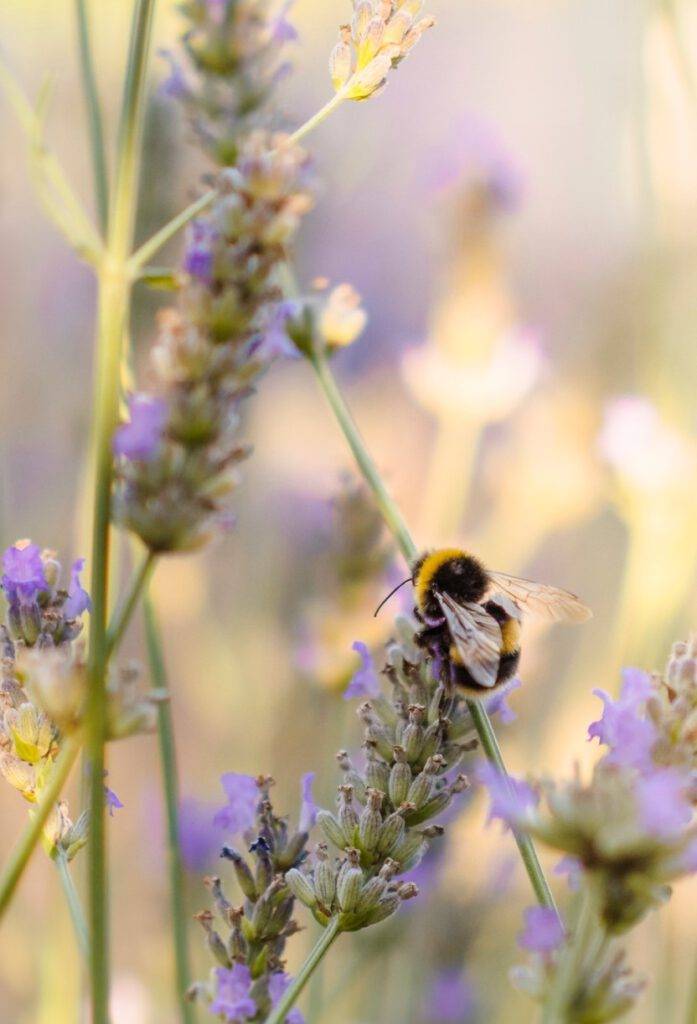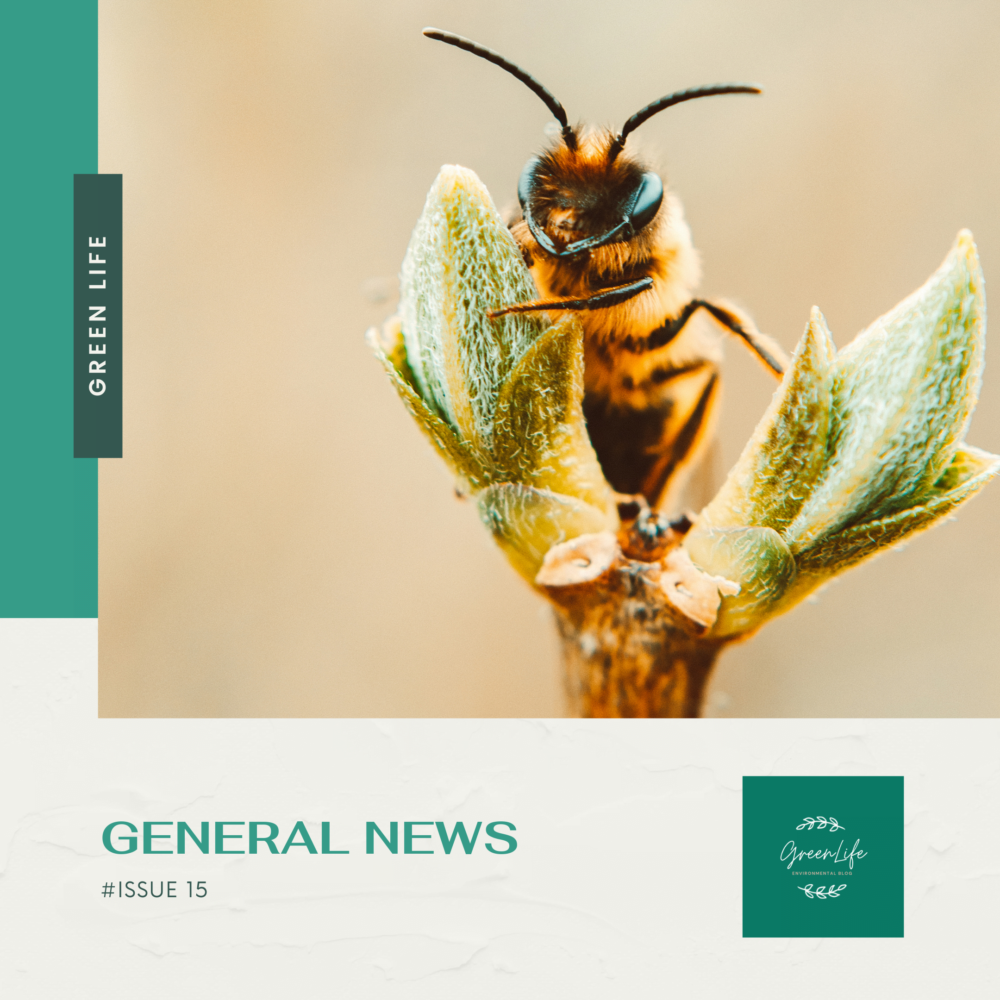Save the bees
Issue #15


Now that it’s slowly getting warmer and sunnier outside again and flowers start to bloom, bees are also starting to come out again. Bees are the world’s most precious pollinator. Their work is essential for healthy ecosystems but also for sustaining animal and human life.
They pollinate our plants which helps them reproduce and they help plants to survive by preventing inbreeding. Without bees, we would not have apples, melons, broccoli, or cranberries and many more fruits, nuts, and vegetables that we like to eat. One single bee colony can pollinate about 300 million flowers every day.
There are several different threats to bees at the moment. The biggest one is habitat loss. Because of industrial agriculture and the development of humanity many bee habitats have disappeared or been destroyed, like forests and nesting sites. Climate change also threatens bees since extreme weather conditions disrupt the world’s ecosystems and make it hard for local bees to find food and safe places to nest. Pesticides are also a big threat for bees. They are usually sprayed on plants and can be deadly for the bees when they come in contact with the sprayed surfaces. It can even kill the entire colony, if one bee comes in contact with it and transports it back into the hive.

So, what can we do to help protect the bees? Since bees need safe habitats to survive, planting bee-friendly flowers is a good option. You don’t even need a lot of space to do that, just some flowerpots or window boxes. Or, you could create a bee bath in your back yard: bees get quite thirsty from collecting nectar, so if you set up a bowl with clean water with some pebbles or stones inside for the bees to land on, they can refresh and continue their work. Bee hotels are also a great addition to your garden: they offer a safe habitat to the bee species that built their nest in pre-existing holes. They are available in garden stores, or you could even build one yourself!
If you’re a fan of honey, supporting local beekeepers and buying raw, organic honey instead of the pasteurized one from the supermarket is also a great option. In Leeuwarden, you can find some at the farmers market for example! You see, there are many ways to save the bees that can be done without much space and on a budget – so let’s go!
#StayGreen! 🌎🌿
Check out our Instagram! ☺️
